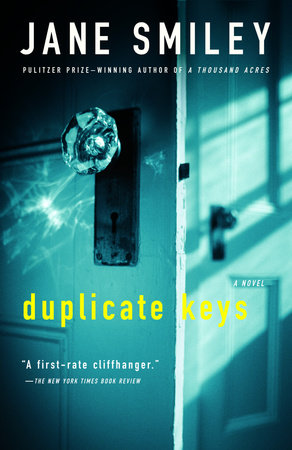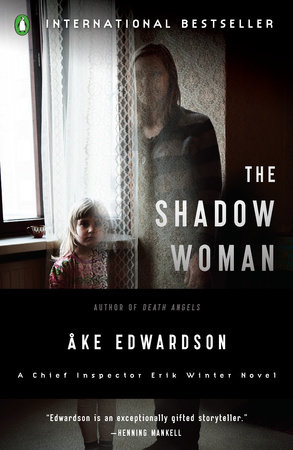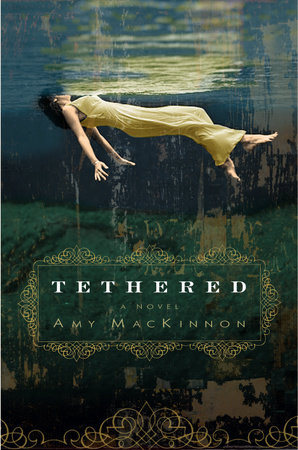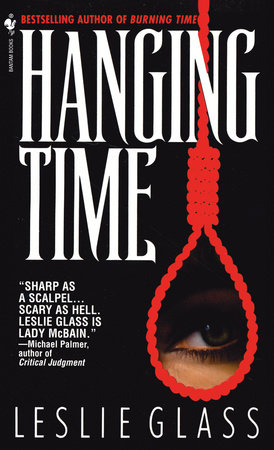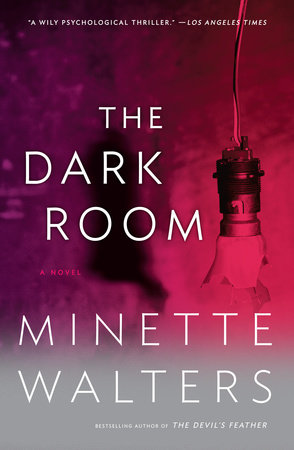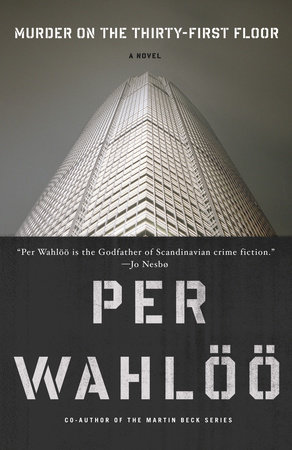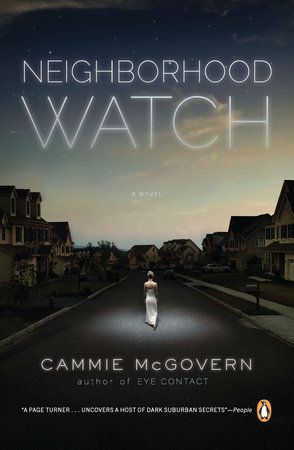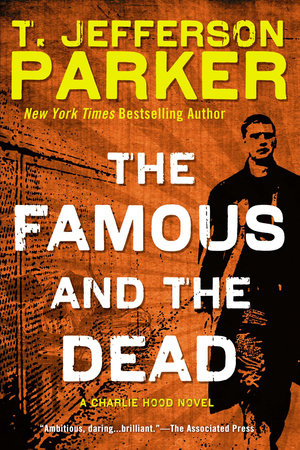Q. What motivated you to write The Devil’s Feather? A. The story is a result of a visit to Sierra Leone last year as a guest of Doctors without Borders. I was there to observe the charity’s mother-child health initiative. I saw first-hand the aftermath of the killing spree by government troops and rebel child soldiers. Though I was appalled by what I saw – the incredible destruction after a civil war and what happens when social order breaks down — it inspired me to write The Devil’s Feather. Sadly, women and children are always the first victims when there is no authority to protect them. The story revolves around a Reuters correspondent, Connie, whose parents were forced to flea Mugabe’s thugs in Zimbabwe, leaving all their possessions when she was a teenager. It begins in Sierra Leone with the rape and murder of five women, after which Connie begins an investigation of a former SAS man she believes is responsible. Two years later she meets him in Baghdad where further dark events occur and she is held hostage for three days. Q. Did a particular theme come out of your visit there that shows up in the novel?A. Yes. What happens when social order breaks down and the lunatics get the run of the asylum. And it wasn’t just Sierra Leone — shortly after I got back, there was the Abu Ghraib scandal and the constant onslaught of what has been going on in Iraq. Under Saddam Hussein, rape was a capital offence and comparatively rare, now it’s so frighteningly common that women are scared to leave their homes. Rape is used in war as a weapon of intimidation. Hurricane Katrina hit New Orleans just before the book was published in the UK and the awful aftermath gave readers an insight into what I was talking about. Society becomes dysfunctional when authority is absent. Q. Did you do a lot of research for The Devil’s Feather? A. I already had a great deal of knowledge of crime before I wrote The Devil’s Feather, as it is my 12th book in 14 years, but I had little knowledge of Iraq. So I did much my research on the net and read dispatches from an Australian friend, Paul McGough, who is the foreign correspondent for the Sydney Morning Herald and has spent a lot of time in Baghdad. I’m a news junkie so I also take lots of information from 24 hour news programmes. I prefer to write a story with the knowledge I already have, then go back to fill in the gaps — that way the novel doesn’t lose pace.Q. Where does the title come from? A. I have to admit that I ‘bought’ it from an old friend for a bottle of champagne. We were talking about someone once, and she said, “Oh, she’s the devil’s feather.” She explained that it was originally a Turkish phrase meaning ‘a woman who stirs a man’s interest without realizing it.’ When you think about it, any victim of a stalker is a devil’s feather. Q. Would you describe your novels as character-led, rather than plot-driven?A. Absolutely. I formulate my characters first, then create a dialogue, then the story takes over. I don’t devise plots because I think it’s a boring way to write . If I knew in advance what the story was going to be, there would be nothing to take me down to my computer every morning. I love the suspense of trying to discover myself what’s going to happen next! Q. Do you read other crime authors?A. I do read other crime authors, although not in the same way as I did before I was published. Sadly, when you understand how a plot is constructed, there’s less suspense than when you don’t, and these days it’s a rare book that takes me by surprise. But I love great characters… which is why ‘Hannibal Lechter’ stands out like a beacon from the last 20 years. I guarantee Thomas Harris’s startling and original creation will be as long-lasting, and spawn as many derivatives, as Bram Stoker’s Dracula.Q. Where did your interest in crime come from?A. Two things really. Reading Grimm’s Fairy Tales as a child. It’s all about baddies getting their comeuppance and wicked stepmothers being rolled down the hill. Then there was the James Hanratty A6 murder case in 1961 (involving a man hanged for a murder that many thought he didn’t commit). There was public concern about executing someone with the level of doubt that existed in that case, and it meant that Hanratty was one of the last people to be hanged in Britain. I was only about 9 or 10-years-old then but I was caught up in the anti-hanging emotions it inspired. Ironically, since it was his case that brought an end to capital punishment, it has since been proved — forty years on and using DNA from his brother – that he was guilty. However, I remain as opposed to capital punishment as I was then. Q. You’ve spent many years as a prison visitor. Why do you go, and do you construct plots from the stories you hear there?A. I find prisoners tell me so much more about themselves than friends ever do. Perhaps because they’ve been judged already and feel they have nothing to hide, or perhaps because they’re worried their crimes will suggest they have no redeeming features. I never use a prisoner’s real story – that would be unethical – but I do use details from their personalities and the insights they given me into their often dysfunctional family life to construct the motivations and backgrounds of my characters. Q. Is it true that you often don’t know "whodunit" until halfway through writing a book?A. It’s not sometimes…it’s always! It’s a much more exciting way to write. The challenge is to create a puzzle for the readers. My job is to keep them guessing for as long as I can. It’s like flying by wire or setting out on a tightrope across a chasm. If I don’t know who did it until half way, I hope it remains "suspenseful" for the reader. It certainly does for me, the author!






